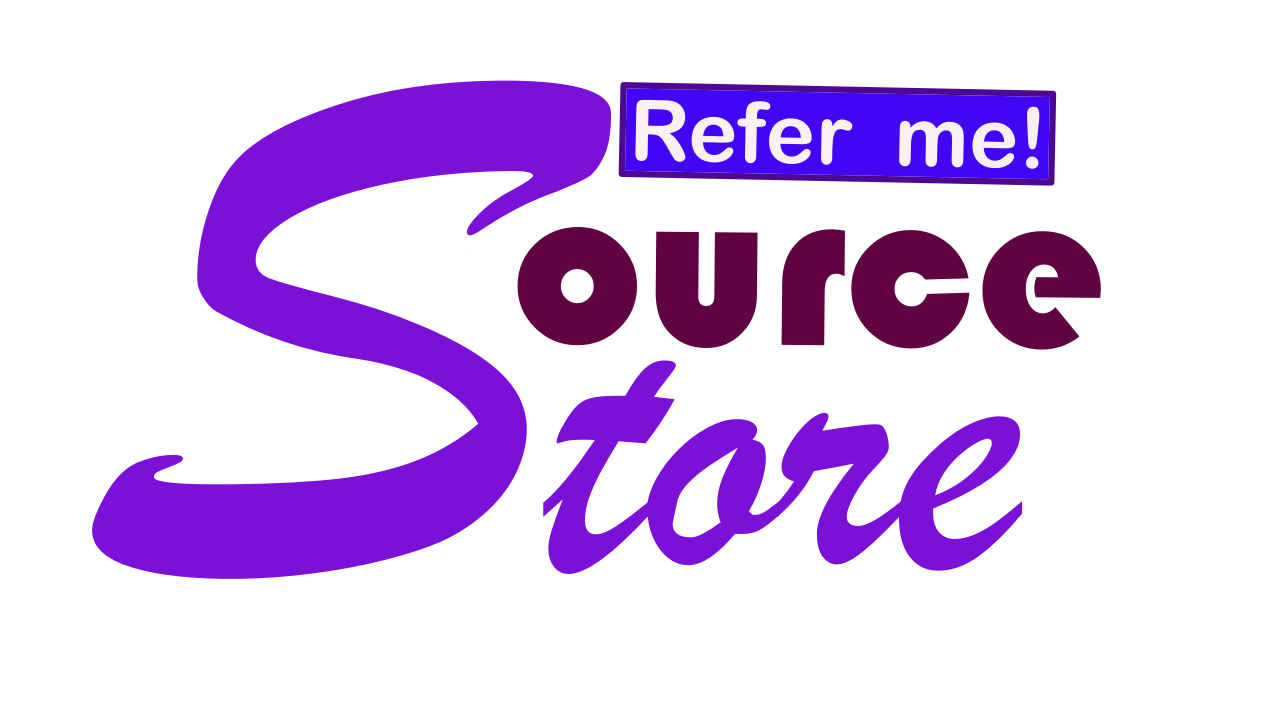Emotional intelligence, or EQ, is the ability to understand and manage your own emotions, as well as the emotions of others. It plays a critical role in the workplace, and here are some reasons why:
- Improved communication: People with high EQ are better able to communicate effectively and build strong relationships with colleagues and clients. They are able to listen actively, understand different perspectives, and respond appropriately.
- Better leadership: Leaders with high EQ are able to inspire and motivate their teams, build trust, and create a positive work environment.
- Conflict resolution: EQ helps people to manage conflicts more effectively by understanding and managing their emotions and being able to empathize with others.
- Increased collaboration: People with high EQ are better able to work collaboratively, build consensus, and find solutions to problems.
- Improved customer service: Employees with high EQ are able to connect with customers on an emotional level, build rapport, and provide personalized service.
- Greater self-awareness: EQ helps individuals to understand their own emotions, strengths, and weaknesses, which leads to greater self-awareness and personal growth.
- Reduced stress and burnout: EQ helps individuals to manage their emotions and cope with stress, leading to a more positive and productive work environment.
- Practicing active listening and empathy
- Encouraging open communication and feedback
- Developing self-awareness through self-reflection and assessment
- Providing training and development opportunities to improve emotional intelligence skills
- Modeling positive emotional intelligence behaviors as a leader or team member.
Remember, emotional intelligence is a skill that can be developed and improved over time with practice and effort, and it can lead to greater success and satisfaction in the workplace.
